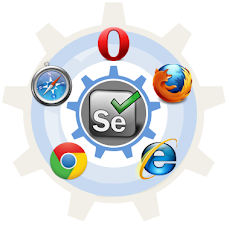What is Operating System: Exploring the Building Blocks of Computer Science
1. Introduction An operating system (OS) is a software program that manages the hardware and software resources of a computer system. The OS is responsible for managing the computer's memory, processing power, storage, and input/output devices. It also provides a user interface that allows users to interact with the computer and run applications. In this blog post, we'll explore the history of operating systems, the types of operating systems, the functions of operating systems, the components that make up an operating system, virtualization and containerization, security considerations, and the future of operating systems.





.png)


